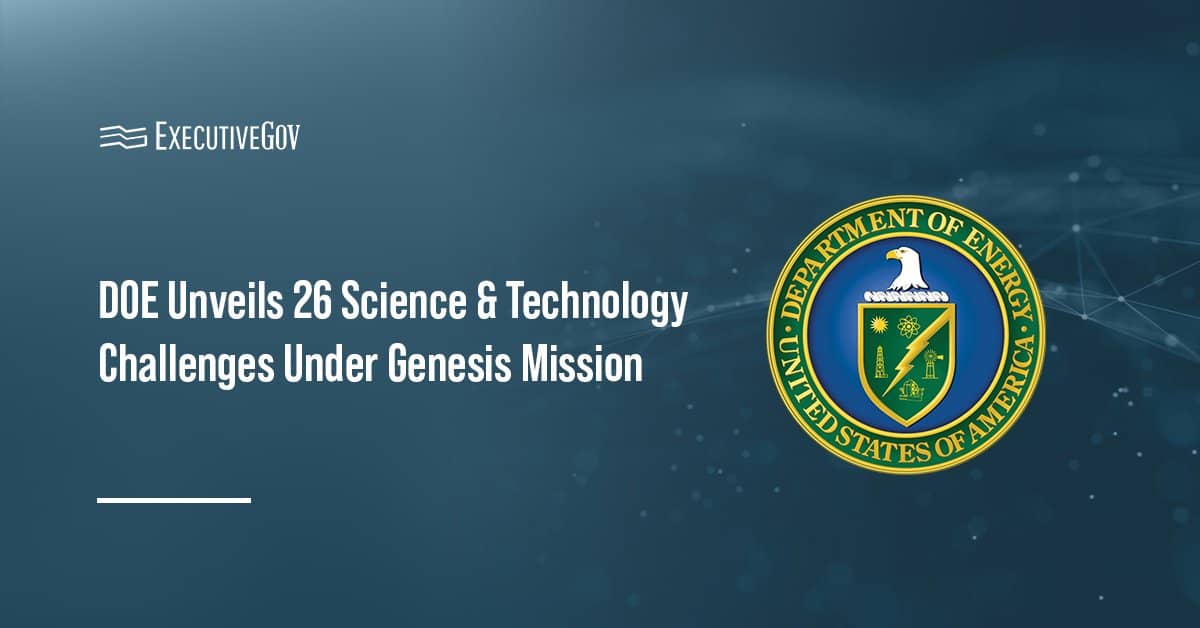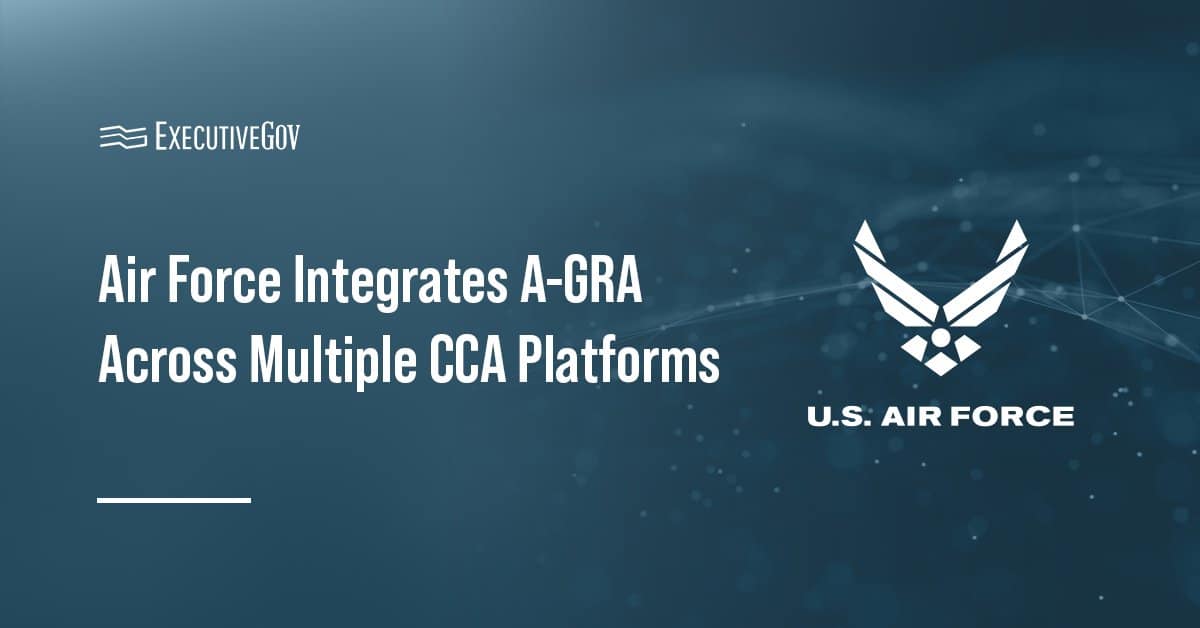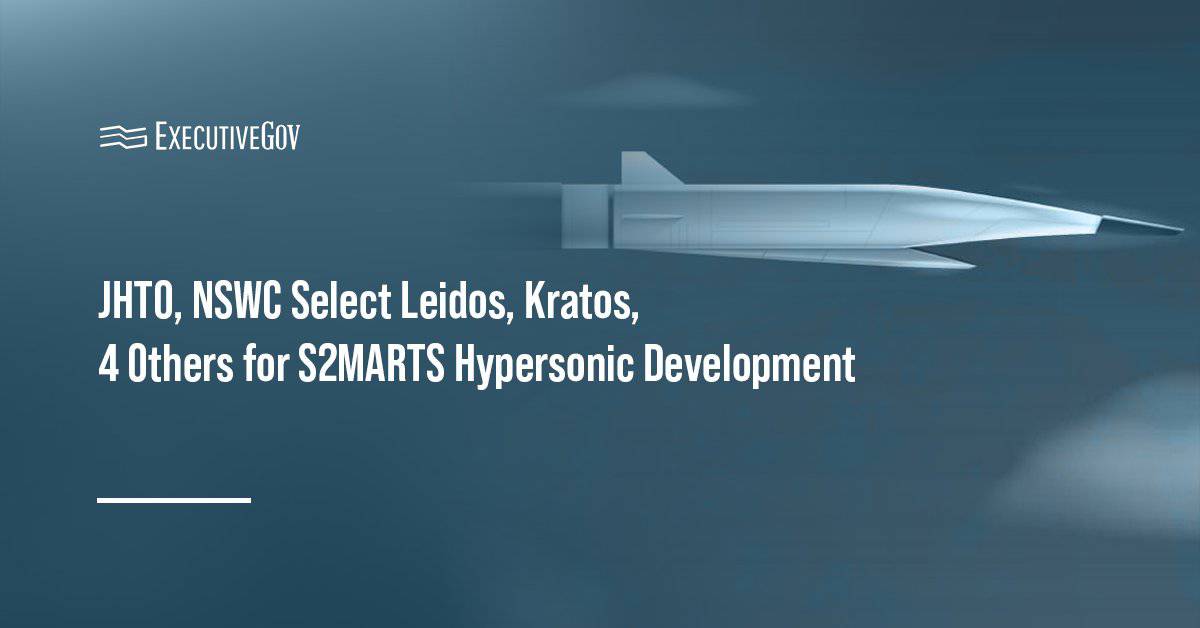 The U.S. Strategic Command has kicked off its annual exercise for Stracom personnel to familiarize themselves with various mission areas and increase joint operational readiness.
The U.S. Strategic Command has kicked off its annual exercise for Stracom personnel to familiarize themselves with various mission areas and increase joint operational readiness.Stratcom said Friday it will test the preparedness of the command’s headquarters staff, components and subordinate units in responding to unexpected situations during the Global Thunder 2018 event’s command-and-control and field training activities.
U.S. Air Force Gen. John Hyten, commander of Stratcom, said the exercise works to integrate the command’s strategic capabilities for multiple domains.
The command conducts strategic deterrence, cyber, space, electronic warfare, strike, intelligence and missile defense missions worldwide as part of its responsibilities under the Defense Department‘s Unified Command Plan.





